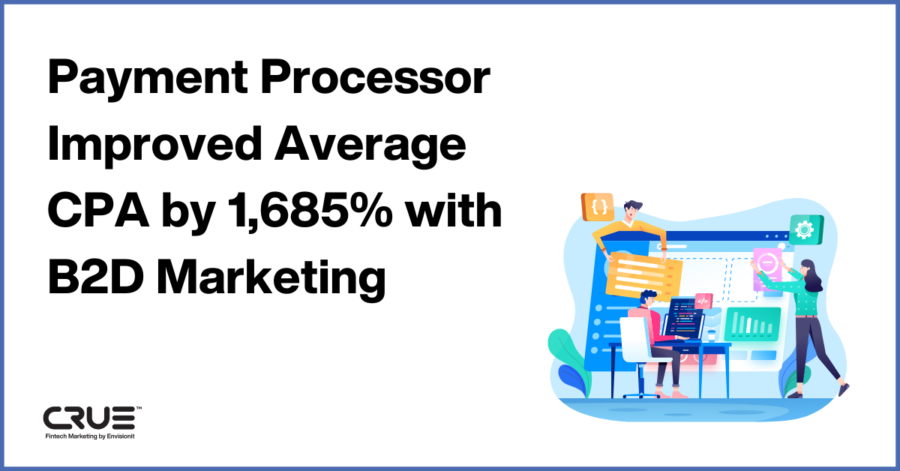Long after the heat death of the sun, when our species has migrated to an alien planet billions of light years away, some classic debates will live on: Jordan vs. Kobe; Star Wars or Star Trek; did Tony die in the finale of The Sopranos?
And for those in the paid search world, the debate between PPC managers and their clients has forever been: should advertisers bid on their own brand terms?
Though there are a couple of limited reasons why an advertiser would not want to bid on their own trademarks (as pointed out in this Moz article; which, despite the title, does in fact defend the practice we’re here to uphold), for the most part, paid search managers are justified in including these terms in their media plans. The counterpoint we hear on occasion is that if people are searching for your company by name, there’s no reason to spend money on those clicks. And if that were the sole factor, we would wholeheartedly agree.
But paid search, like most every marketing channel, is an imperfect and competitive medium. And as such, bidding on their own branded keywords enables advertisers to capture every intended visitor possible; a critical component in advertising success. Here’s why:
1. Your Ad Will Likely Show Anyway (And, at a Higher Cost)
Advertisers supporting the argument to leave branded terms out of their paid search campaigns believe that by doing so, their ad will not show for branded queries, therefore allowing them more budget for non-branded search results.
Unfortunately, this is usually not the case.
Say, for a moment, you are the owner of Tom’s Roadside Diner, located on Rand Road. A responsible paid search manager would likely bid on the following broad match query: diner on rand road. Now, let’s imagine a past customer of Tom’s, who cannot quite recall where the business is located, or the exact name, decides to Google “tom’s road diner”. Guess what will happen?
Since “diner” and “road” are both part of the search query, and broad-matched in the keyword list, Tom’s will show a non-branded ad on what is essentially a variation of a branded search, but will be paying the non-branded rate should the user click. Even worse, if Tom’s PPC manager were to use broad match-modified keywords (+diner on +rand +road), since “Rand” is missing from the query, the business would lose out on the traffic altogether.
And just how much could that cost over time?
At over $.50 more per click, half a page difference in rank, and a 91% less chance of receiving a click, the decision not to bid on brand terms can lead to both higher media spend and an overall drop in the quality of traffic delivered to the advertiser’s site.
2. The Competition is Watching
One of the slickest tools in any paid search manager’s arsenal is conquesting; or, researching who constitutes the chief competitors of their advertiser, and bidding on their branded terms. While un-owned trademarks cannot be used in ad copy without Google intervening, the search provider has no issues with advertisers bidding on their competitors’ branded terms — a fact pointed out specifically in AdWords’ official policy on trademarks.
Given this, it behooves advertisers to secure impressions on their own trademark terms; if for no other reason than to keep the competition from siphoning brand-aware consumers away from their own site. While we do consider brand-related searchers further along in their journey, unless they are brand loyalists, all it may take is a special offer or a new feature that the advertiser’s widget doesn’t yet have to potentially miss out on what should have been an easy customer.
Think about it: the hundreds of thousands of dollars spent on brand awareness efforts, wasted, simply to save less than $1 per click on brand keywords? Try explaining that rationale to the sales team.
3. Two is Better Than One
One of the most frequent objections to bidding on branded keywords, especially for clients with dedicated SEO services, is that if they are already appearing in the top slot organically for their trademarks, why would they spend money for paid search ads?
Remember, paid ads appear above organic results in the SERPs; and, if you recall the few paragraphs prior to this one, competitors have the ability to bid on an advertiser’s branded terms. Since internet users typically view pages top down, this means that not bidding on branded keywords gives competitors the option to appear ahead of advertisers’ top organic results, thereby statistically giving themselves an on-page advantage.
In a medium where real estate is at a premium, an advertiser with two placements within a search query results page is giving themselves a better opportunity to receive a click than those with only one. And this isn’t just an opinion: studies have shown that not only is click-thru rate impacted by the decision to bid on branded terms, but so is the likelihood of a consumer visiting an advertiser’s website — to the tune of up to an 85% incremental lift.
In the end, bidding on branded keywords just makes good business sense. It is a tactical approach with a high ceiling and little downside; and, for Envisionit’s paid search clients, it’s a quintessential component to every successful media recommendation we build.













